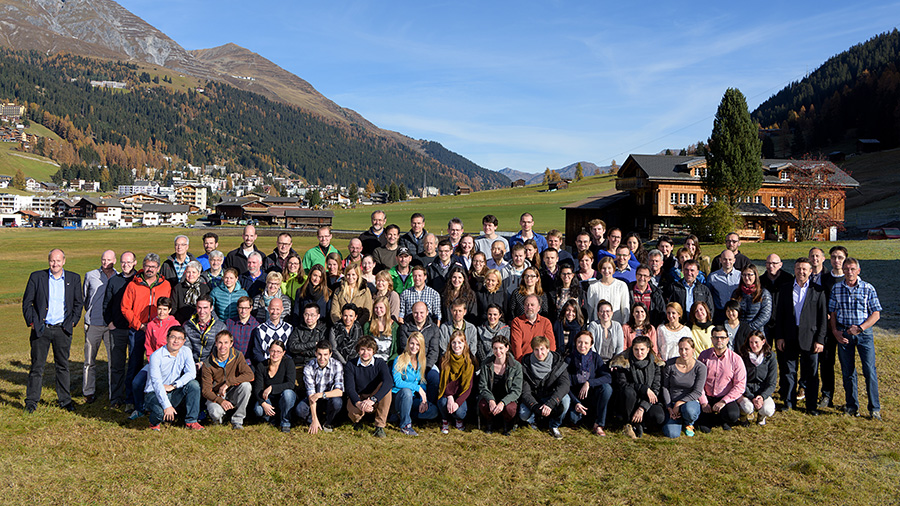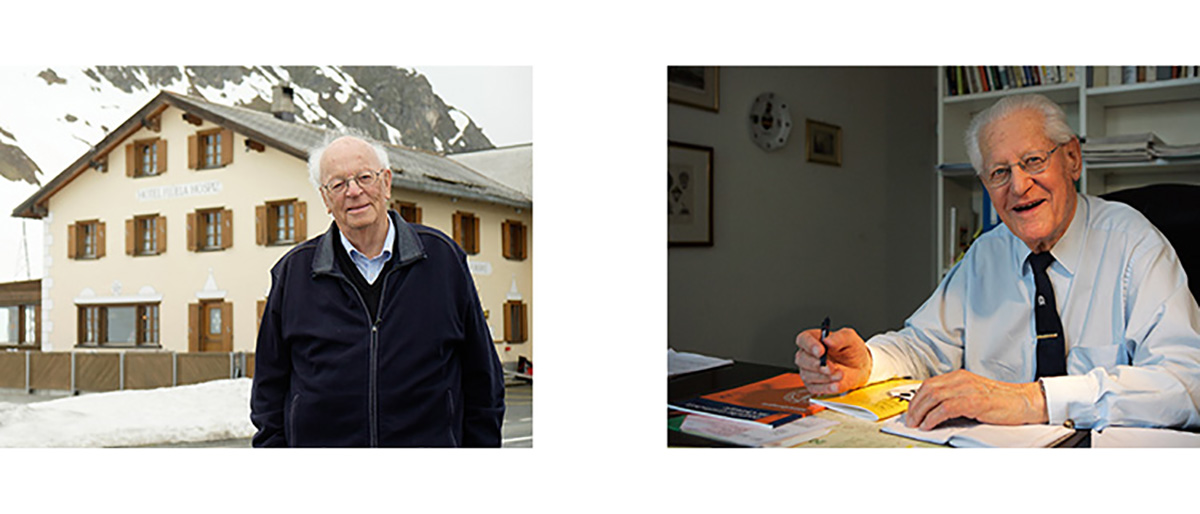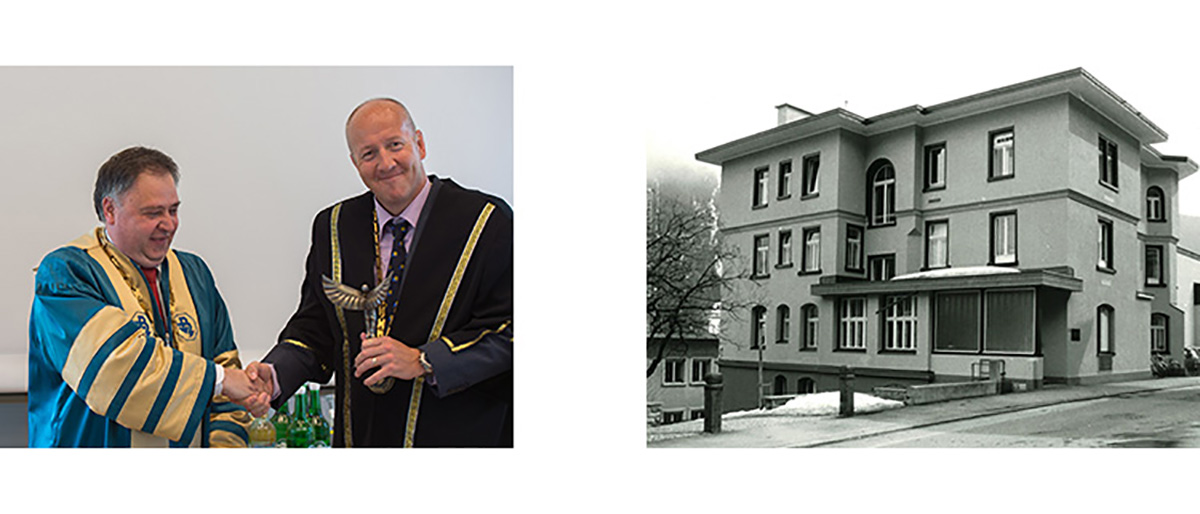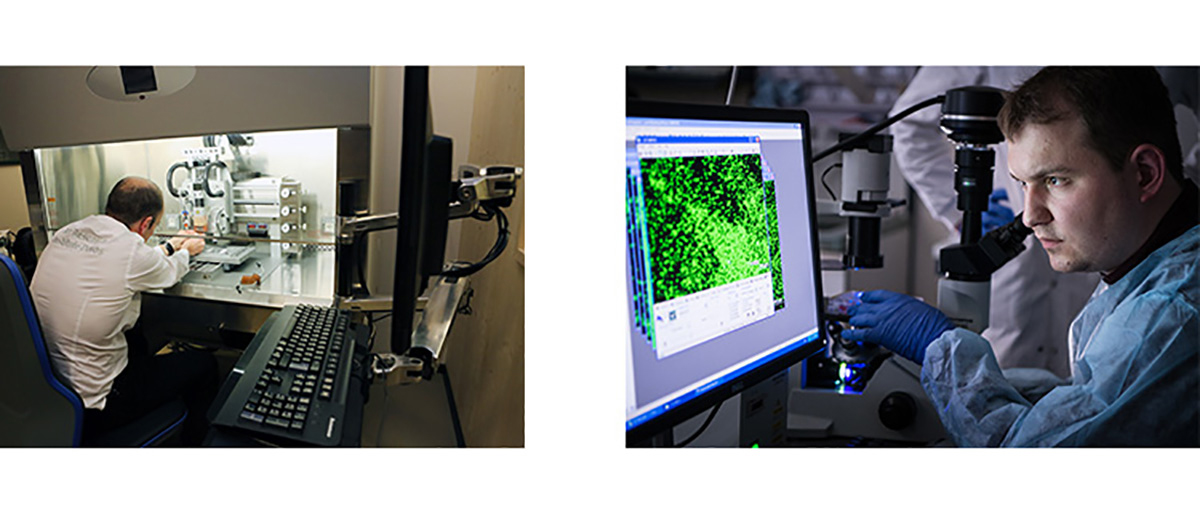AO Research Institute Davos at 60

The AO Research Institute Davos (ARI) celebrates the 60th anniversary of its founding later this month on June 22. This is an apt moment to look back at how AO Research Institute Davos has changed and grown over this time, and to review some of its highlights and achievements.
This, the first of a series of articles on AO Research Institute Davos at 60, showcases some of those features that make AO Research Institute Davos what it is today, a central part AO in Davos, Switzerland and of the orthopedic research community around the world. Established by the founding members of the AO on June 22, 1959 as the Laboratory for Experimental Surgery Davos, AO Research Institute Davos undertakes advanced research to support the AO Foundation's mission.
In its work to further the mission, AO Research Institute Davos's purpose is to advance patient care through innovative orthopaedic research and development (orthopedics concerns musculoskeletal, spine and cranio-maxillo-facial trauma, degenerative musculoskeletal diseases, infections, and congenital disorders).
AO Research Institute Davos's high quality applied preclinical research and development, both exploratory and translational, focuses on clinical applications and solutions to problems that currently AO Research Institute Davosse in treatment.
Today, AO Research Institute Davos is a leader in its field, as it works to improve the efficacy of treatments available to patients. It has a close relationship with the AO's medical community, and has built productive relationships with universities and academic societies around the world.
Left: AO Research Institute Davos 3-D printer; Right: Young researchers gain hands-on training experience at AO Research Institute Davos
AO Research Institute Davos offers fellowships to talented young surgeons with a demonstrable interest in research and development to solve clinical problems. It also took the groundbreaking step ten years ago of launching what was to become the world-leading open-access pre-clinical research journal in trauma: eCM.
Its research programs are carried out in key areas (biomedical development, musculoskeletal regeneration and infection, and preclinical services) and involve several areas of promising new developments – including sensors (such as the AO Fracture Monitor), sound acoustic-wave 3D cell printing, microRNA therapy and diagnostics (theranostics), and biomarkers for personalized medicine.
Since its founding, the city of Davos has been central to AO Research Institute Davos's identity. To this day, AO Research Institute Davos's advanced laboratories and research facilities are based in Davos, and the institute forms an essential part of Davos' status as a hub for scientific research.




